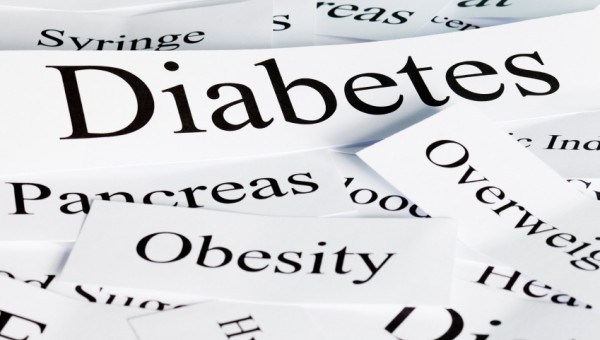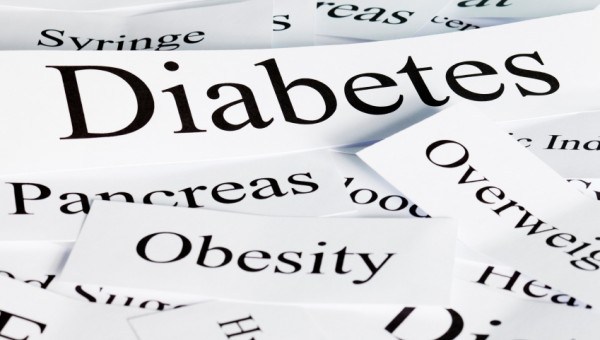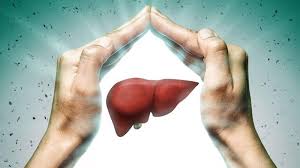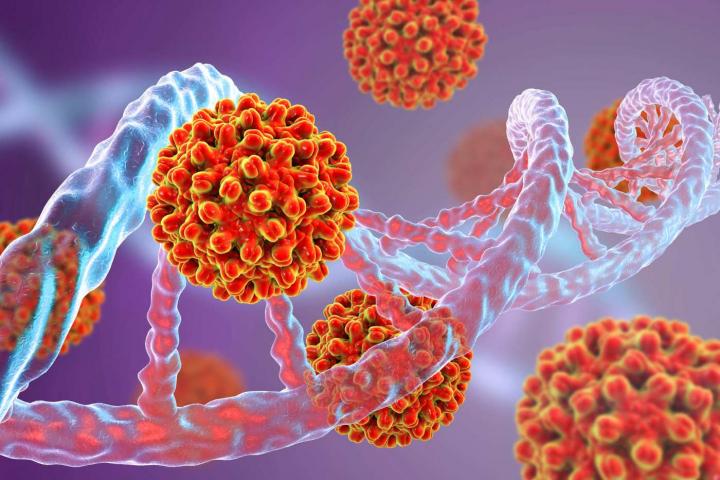Weight loss surgery may reduce diabetes risk: study
Tue 14 Feb 2017, 11:23:19
Losing weight through surgical approaches may substantially reduce people's risk of developing type 2 diabetes, a new study has found. The study offers hope to nearly two billion adults who are overweight or obese worldwide that many of the detrimental effects of carrying too much weight can recede, even on the molecular level, once they lose weight.
In 2015, Robert J Freishtat from The George Washington University in the US and colleagues showed that fat cells (also known as adipocytes) from people who are obese send messages to other cells that worsen metabolic function. These messages are in the form of exosomes, nanosized blobs whose contents regulate which proteins are produced by genes. Exosomes are like "biological tweets" - short signals designed to travel long distances throughout the body, said Freishtat.
Earlier research showed that the messages contained in exosomes from patients who are obese alter how the body processes insulin, setting the stage for Type 2 diabetes. However, it has remain unclear whether these aberrant messages from adipocytes improve after weight loss. "We have known for a long time that too much adipose tissue is bad for you, but it is all moot if you lose the weight and it is still bad for you," Freishtat said.
Researchers worked with six African American adults scheduled to receive gastric bypass
surgery - a nearly surefire way to quickly lose a large amount of weight. The volunteers, whose average age was 38 years, started out with an average body mass index (BMI) of 51.2 kilogramme per square metre. Two weeks before these volunteers underwent surgery, researchers collected blood samples and took a variety of measurements. The researchers then performed a repeat blood draw and measurements one year after the surgery took place, when the volunteers' average BMI had dropped to 32.6.
surgery - a nearly surefire way to quickly lose a large amount of weight. The volunteers, whose average age was 38 years, started out with an average body mass index (BMI) of 51.2 kilogramme per square metre. Two weeks before these volunteers underwent surgery, researchers collected blood samples and took a variety of measurements. The researchers then performed a repeat blood draw and measurements one year after the surgery took place, when the volunteers' average BMI had dropped to 32.6.
They drew out the adipocyte-derived exosomes from both sets of blood samples and analysed their contents. They found that at least 168 microRNAs - the molecules responsible for sending specific messages - had changed before and after surgery. Further analyses showed that many of these microRNAs were involved in insulin signaling, the pathways that the body uses to regulate blood sugar.
By changing these outgoing microRNAs for the better, adipocytes actively were encouraging higher insulin sensitivity in other cells, warding off Type 2 diabetes, Freishtat said. Sure enough, each volunteer had better insulin sensitivity and other improved markers of metabolic health post-surgery, including lower branched chain amino acids and a two-fold reduction in their glutamate to glutamine ratio.
The study was published in the journal Obesity.
No Comments For This Post, Be first to write a Comment.
Most viewed from Health
AIMIM News
Owaisi Begins Election Campaign in Hyderabad
Apr 13, 2024
Bring back Indian workers in Israel: Owaisi
Apr 13, 2024
Latest Urdu News
Most Viewed
May 26, 2020
Do you think Ruturaj Gaikwad would be a good captain for Chennai Super Kings?
Latest Videos View All
Like Us
Home
About Us
Advertise With Us
All Polls
Epaper Archives
Privacy Policy
Contact Us
Download Etemaad App
© 2024 Etemaad Daily News, All Rights Reserved.































